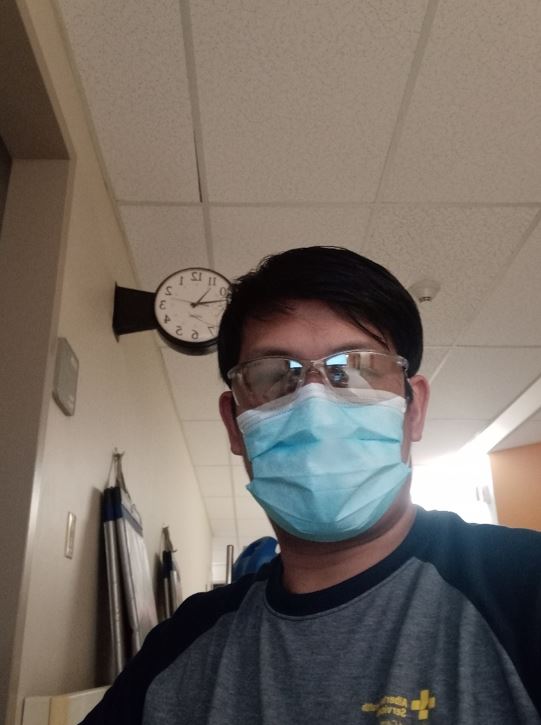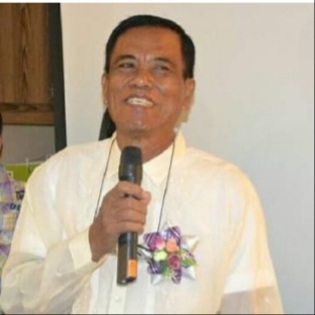






Being a Dad goes beyond being the sperm donor or a father. You need to be a lot of things rolled in one for your kid; a friend, brother, confidant, mentor, role model, teacher, drinking buddy (when your kid is old enough), coach (for those who play sports), etc. My Dad was and is still all these to me.

Being a dad means we let go of our children. As they grow up, they’ll be more and more independent and there will come a time that you know, probably in Canada by the time they’re 18 or 21. They’ll either be on their own. So we only have like, let’s say 17, 20 years of influence with our children and it’s just preparing to let them go.
Fathers in Focus is a project that opens space for men to reflect on their roles as men and fathers. This project encourages fathers to talk about their experiences and emotions, allowing them to make connections between their roles and aspirations to be nurturing fathers, their own well-being, and healthy relationships within the family. Photovoice is a powerful tool that uses photography to express and document events or experiences, offer insights, and invite others to see the world from someone else’s lenses. Participants gather around specific themes such as fatherhood or migration experiences (etc.), and after completing photovoice training, take their own photos and create brief narratives that are placed alongside their photos. Photovoice is shared within groups, across communities, and is also used for public awareness, advocacy, and social change.
In this project, 11 Canadian fathers from Filipino, Iranian, Latino, Nepali, Nigerian and Pakistani (Pashtun) heritage shared their photos and stories about their fathering experiences. Please join us in learning about the critical roles that immigrant fathers play in the lives of their children and families, and celebrate the diverse stories and perspectives shared by our photographers.
Fathers in Focus emerged as a community project through dialogues by members of the Alberta Men’s Network for violence prevention. For many of the dads, the desire to be a ‘good dad’ was complicated, and challenged traditional views, upbringing and gender roles. We hope that this project will engage other dads and their families, as well as practitioners, policymakers, and researchers in conversations and actions that promote nurturing fatherhood.
Many thanks to our supporting organizations: Alberta Men’s Network; The University of Calgary, Faculty of Social Work; the Alberta Network of Immigrant Women; Migrante Alberta; The University of the Fraser Valley, Faculty of Social Work; and the Nepali, Filipino, Latino and Pashtun communities. This project was made possible by funding from the O’Brien Institute for Public Health Catalyst Grant, and Calgary Arts Development.